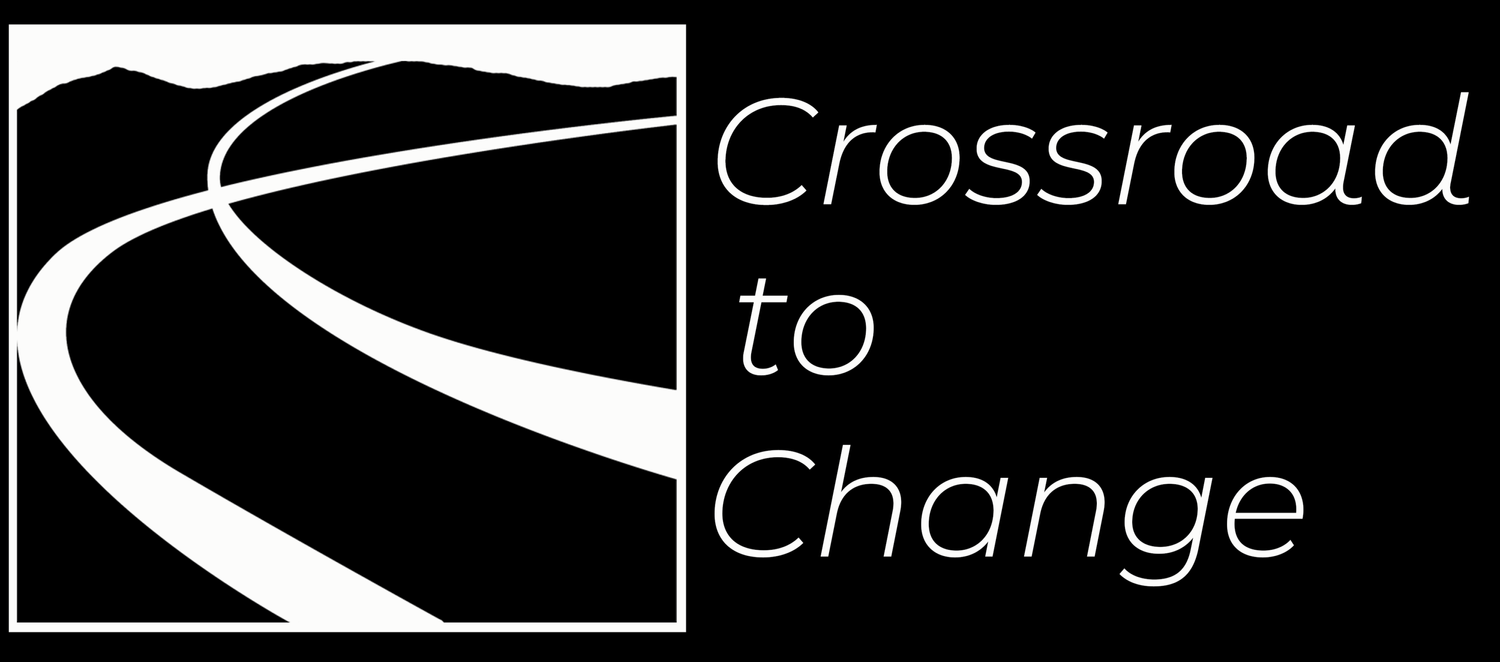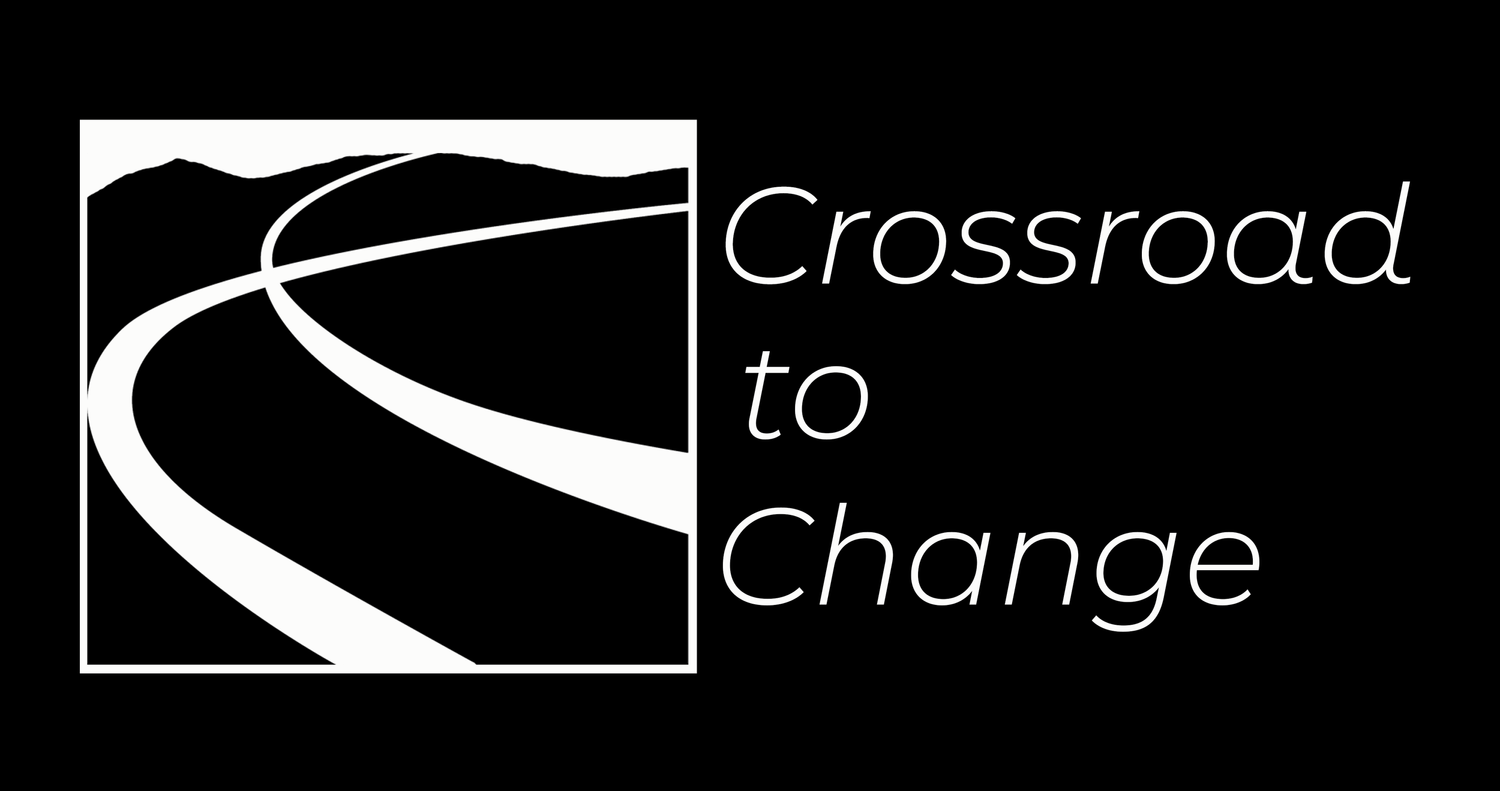FAQs
I’ve never talked to anyone. I’m used to handling things on my own. Aren’t people who go to therapy weak?
No, people who ask for help know when they need it and have the strength to reach out. We all need help sometimes. In our work together, I will help you discover your strengths and how to use them to overcome the problems you are facing.
What’s the difference between talking to you or my best friend or family?
There's a difference between someone who can do something and someone who has the training and experience to do it professionally. A mental health professional can help you in a new way, teach you new skills, give you different perspectives, and listen to you without judging you or expecting anything from you. Counseling is also confidential, so you don't have to worry about others knowing your personal matters. Lastly, if you've been confiding in a friend or family member about your difficult situation, there's a risk that once you feel better, you might start avoiding that person to avoid being reminded of that tough time.
Why shouldn’t I just take medication?
Medicine can help, but it can't solve everything. Sometimes, medicine and counseling are needed together. We'll work together to understand and address your problems and build on your strengths to help you reach your goals.
How does it work? What do I have to do in sessions?
Since everyone has unique problems and objectives during counseling, the process will vary based on the person. I adjust my therapeutic approach to meet your specific requirements.
How long will it take?
We can't provide a specific answer in FAQs because each person is different. The time it takes for counseling to help you achieve your goals depends on your willingness to grow, your dedication, and what led you to seek counseling.
I want to get the most out of therapy. What can I do to help?
I'm glad you're committed to making the most of your sessions. Your active involvement and dedication will be important for your success.


